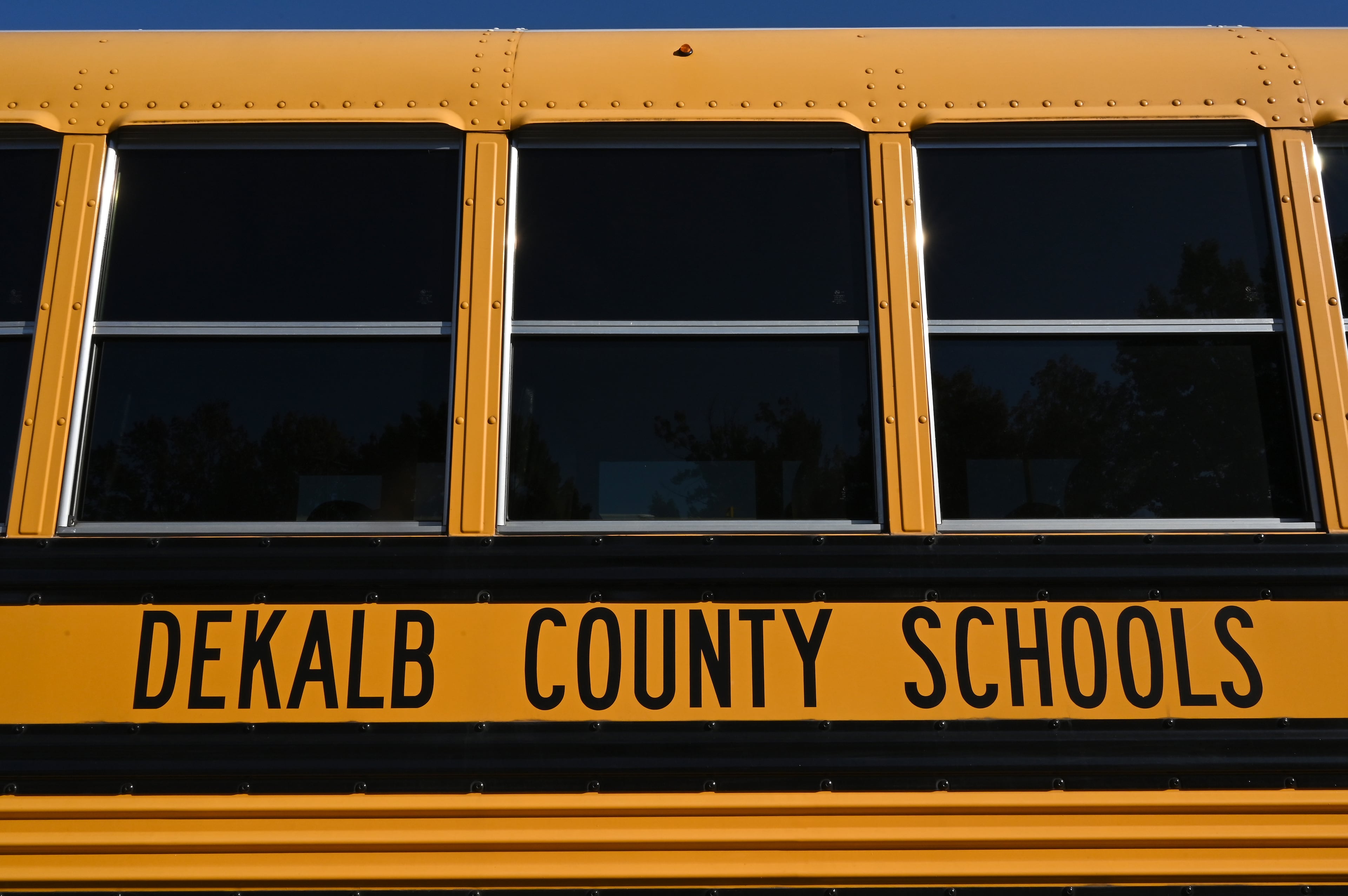Eastern Atlanta middle schools to combine next year
King Middle School and Coan Middle School in eastern Atlanta will merge next school year, according to an 8-1 vote by the city school board Tuesday.
Superintendent Erroll Davis said in his proposal to the school board that low student populations in both schools put them at a disadvantage. He said the combined school will have a larger student body that would bring more staffing and activities such as additional sports, clubs, band, chorus and orchestra.
About 260 students attend Coan, and about 460 students attend King.
The schools will merge next school year at the original site of the Coan campus in Edgewood. After two years and between $10 million and 20 million in renovations to King in Grant Park, students will return to the new campus for the 2016-2017 school year. Coan will then be closed.
Beginning in July, the school system and community would discuss the type of programming they want for the new middle school, including ideas such as job-based learning opportunities, remedial support for all students and a partnership with a university, according to Davis’ proposal.
School board members said they were concerned that the decision was made so soon before next school year started, but they said they hope the combined school emerges stronger.
“It’s important that we do this now … because those kids need to have additional support coming into middle school,” said board member Leslie Grant.
Several parents of elementary school students told board members during the public comment portion of the meeting Tuesday that they opposed the proposal. They said they’d rather their elementary schools grow to include the middle school grades as well, but Davis said that idea wasn’t financially practical.
Mike Ayling, whose daughter is a kindergartner at Toomer Elementary in Kirkwood, said the drive to Grant Park would reduce parents’ connection with the school. He wanted King to remain open alongside Toomer as a kindergarten-through-eighth grade school.
“As the geographic distance increases, the potential parental involvement decreases,” Ayling said. “Why can’t we envision complimentary programming at both schools and allow students and parents to decide which works for them?”
The dissenting vote on the board came from Byron Amos, who said the process to combine the schools was “disrespectful” to parents who wanted alternatives that allowed their children to stay in their neighborhood schools.



